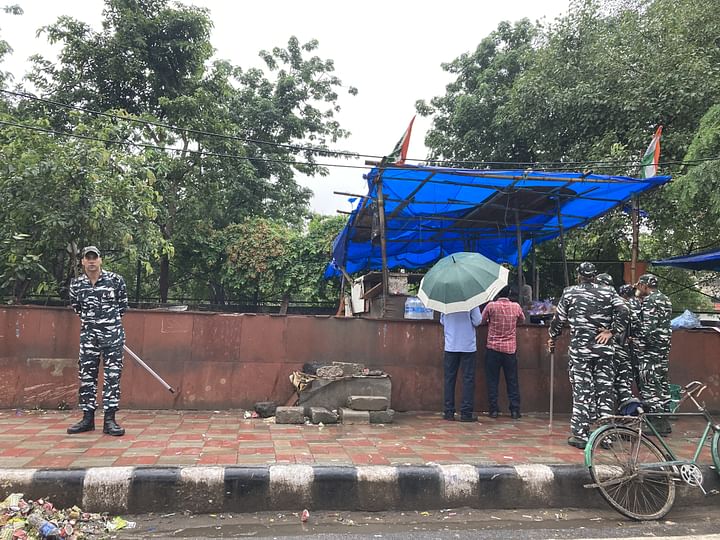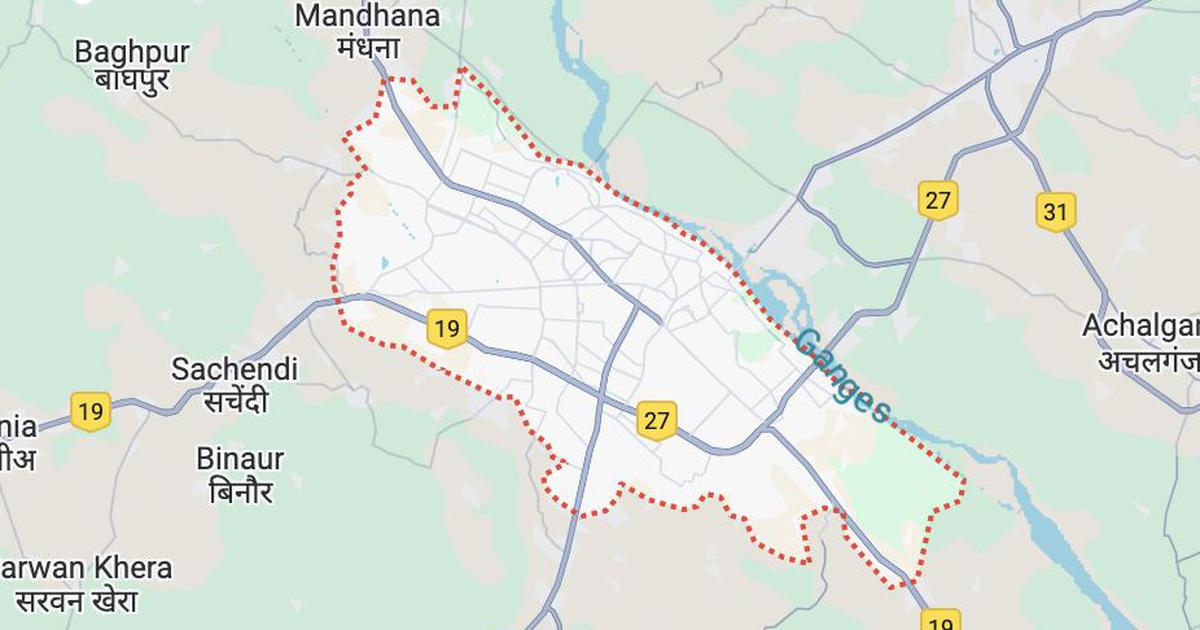
Verda Subzwari, Shireen Khan
By VERDA SUBZWARISHIREEN KHAN / The Quint
Madiha Shakeel has been humming “Dayar-e-shauq mera, shehr-e-arzoo mera,’ the Jamia tarana since she was a child. The 24-year-old student of Delhi’s Jamia Millia Islamia (JMI) told The Quint, “My grandfather and my parents too studied here. Jamia is an emotion, it’s home… But now everything is changing.”
On 26 September, the Jamia Proctor’s office issued a notice that prohibited assembly of students and faculty, both in and around the campus, based on a police order – a move that earned criticism from both students and faculty.
Before that, on 14 September, Safoora Zargar, a student who was pursuing M.Phil in the Department of Sociology, was “banned” from campus by Jamia administration, 19 days after she was denied extension by the University to complete her degree.

Zargar was a part of the anti-CAA protests in 2019-2020, and was also imprisoned briefly for her alleged involvement in the northeast Delhi riots of 2020 in which 53 people were killed.
The Quint spoke to multiple students, former students, and faculty members of Jamia about the changing nature of the university, and if the campus is still a democratic space?
’Want Proctor to Resign After’: Jamia Teachers’ Association
The “prohibitory” order that Jamia issued on 26 September came a week after the Delhi Police issued notice that “Section 144 of the CrPC is imposed in the Jamia Nagar area from 19 September to 17 November.”
The issuing of this notice coincided with the Popular Front of India (PFI) raids across cities, the onset of festive season, and multiple protest calls by Jamia students and teachers over varying issues.

Graffiti showing the founders of Jamia painted by the students
Verda Subzwari, Shireen Khan
Professor Majid Jamil, President of the Jamia Teacher’s Association (JTA), told The Quint, “We condemned this notice and asked for the Proctor’s resignation over this. We have also written to the Vice-Chancellor about it. Trying to implement Section 144 inside campus is itself an illegal practice.”
The JTA had planned a protest to put forth certain demands of the teaching staff at the University on 27 September – a day before the notice was issued.

CRPF standing outside the Jamia campus
Verda Subzwari, Shireen Khan
“Our interpretation is that issuing the notice a day before the protest, and not a week in advance when it was actually issued by the police, was a deliberate move to stop our peaceful protest march,” said Professor Jamil.
In agreement, Professor Adil Mohammad of the Department of Education, Jamia, said this notice is the university’s way of “making a clear statement.”

Jamia campus in the ‘70s
When news broke out that section 144 has been implemented in southeast Delhi, including Okhla where Jamia is situated, many news outlets connected this to PFI raids. The Delhi Police, however, had clarified at the time that the two are not related.
“Jamia’s image was being maligned again and again but those of us who either study here or teach here had little clarity on why section 144 had been issued at all,” said Dibya Jyoti Tripathi, a Jamia student.

Pt. Jawaharlal Nehru with then V-C of Jamia and former President of India Dr Zakir Hussain
“It’s not just the police, the CRPF is also stationed around the campus, which is not normal. Since the anti-CAA and anti-NRC protests, students have anyway become more sceptical of the police, as we witnessed police brutality first-hand,” said Arham Ali Khan, a former Jamia student and resident of Jamia Nagar.
This heavy police presence has obviously not gone unnoticed by students.
It’s like you are at home but you still behave the way outsiders (police) want you to. The entire area is constantly being watched, and it’s like an open jail
Faraz Shams
Faraz Shams, a former student of the physiotherapy department at Jamia, lives in Batla House, near the Jamia campus.
‘Administration’s Reaction to Zargar’s Situation Conflicts With Foundations of Jamia’
Several students and former students of Jamia told The Quint that the liberal atmosphere that the University was always known for has slowly turned hostile towards any forms of dissent.
This became rather evident in the way the administration approached Zargar. The M.Phil student had asked for an extension to finish her degree but was denied. The administration had stated that Zargar was denied because her “application was late and her performance was unsatisfactory.”
This story was originally published in thequint.com . Read the full story here






